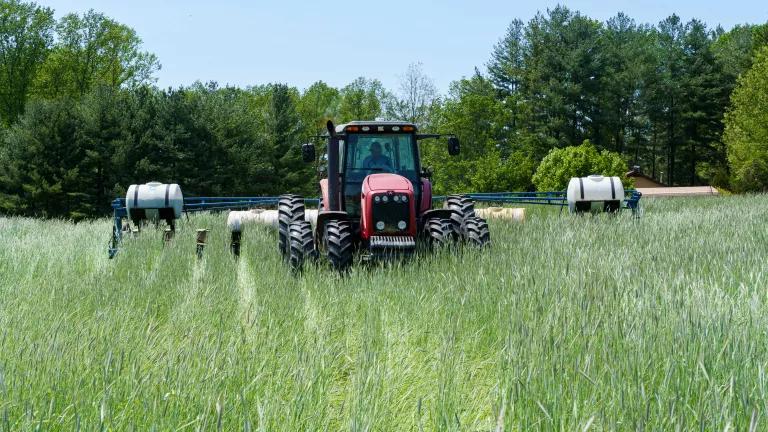Assessing Corporate Performance on Food Waste Reduction: A Strategic Guide for Investors

Food-based businesses such as restaurants, grocery stores, institutional foodservice and food processors provide a critical link between the farm and our forks. However, a great deal of food—estimated at roughly four pounds of every ten pounds wasted in the United States—occurs among these types of businesses.
Large investors, such as pension funds, endowments, and asset management firms, have a direct financial interest in understanding how food waste issues affect the bottom line for the companies in which they own shares. They also have a uniquely powerful role to play in urging companies to step up their game and move toward greater innovation, accountability, and transparency about food wasted in their operations and supply chains.
With that in mind, NRDC and Trillium Asset Management developed this paper to provide investors with key insights on:
- The consequences of wasting food;
- The risks businesses face when food goes to waste including impacts on the bottom line, supply chain risks, regulatory risks, and adverse effects on corporate reputation;
- Guidance for prioritizing corporate action on preventing food from going to waste, donating surplus foods and recycling remaining food scraps; and
- Best-in-class examples of corporate leadership.
By incorporating these considerations into their work, investors can play a pivotal role in catalyzing companies to perform at their best and make sure that good food doesn’t go to waste.



